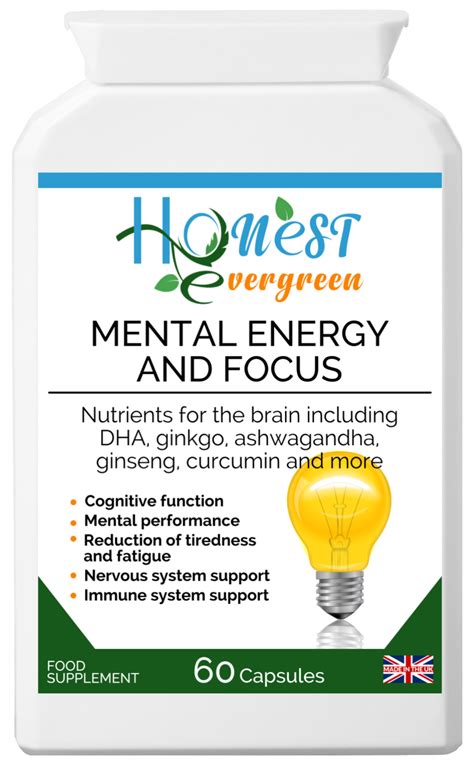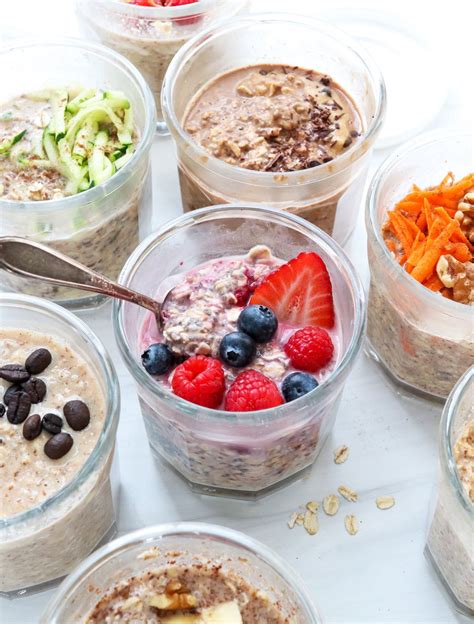Optimize morning nutrition for sustained energy & peak mental focus?

The way you start your day nutritionally can profoundly impact your energy levels, mood, and cognitive performance for hours to come. A well-constructed morning meal isn’t just about satisfying hunger; it’s about providing your body and brain with the right fuel to tackle challenges, maintain focus, and sustain energy without the dreaded mid-morning slump. Many fall into the trap of quick, sugar-laden options or skipping breakfast altogether, inadvertently setting themselves up for a day of fluctuating energy and impaired concentration. But with a strategic approach, your morning nutrition can become a powerful tool for unlocking your full potential.
The Foundation of Your Day: Why Breakfast Matters
After hours of sleep, your body has been in a fasting state, depleting its glycogen stores (stored carbohydrates) and needing a fresh supply of nutrients to kickstart its metabolic processes. Breakfast, literally ‘breaking the fast,’ serves as the crucial first meal that replenishes these stores, signals to your body that food is available, and helps regulate blood sugar levels. Skipping it often leads to increased cravings later in the day, reduced cognitive function, and a tendency to overeat less healthy options.
A balanced breakfast provides the necessary glucose for brain function, protein for satiety and muscle maintenance, and healthy fats for hormone production and nutrient absorption. It sets the tone for healthy eating choices throughout the day and contributes significantly to overall well-being and productivity.

Key Components of an Energy-Boosting Breakfast
Protein: The Satiety and Focus Provider
Protein is paramount for sustained energy and mental clarity. It slows down the absorption of carbohydrates, preventing sharp blood sugar spikes and subsequent crashes. Furthermore, protein provides essential amino acids that are building blocks for neurotransmitters, chemicals in the brain responsible for mood, focus, and memory. Aim for lean sources like eggs, Greek yogurt, cottage cheese, nuts, seeds, or protein powder.
Complex Carbohydrates: Fueling Sustained Energy
Unlike simple sugars found in pastries or sugary cereals that offer a quick burst followed by a crash, complex carbohydrates deliver a steady, sustained release of energy. Rich in fiber, they promote digestive health and help stabilize blood sugar. Good choices include whole grains like oats, quinoa, whole-wheat bread, and fruits and vegetables.

Healthy Fats: Brain Power and Nutrient Absorption
Healthy fats, particularly omega-3s, are crucial for brain health and cognitive function. They also contribute to satiety, helping you feel fuller for longer. Incorporate sources like avocados, nuts, seeds (chia, flax, hemp), and olive oil.
Vitamins & Minerals: Micronutrient Boost
Don’t underestimate the power of micronutrients. Fruits, vegetables, and fortified whole grains provide a spectrum of vitamins and minerals vital for energy production, immune function, and overall metabolic processes.
Building Your Optimal Morning Plate: Practical Examples
Crafting an optimal breakfast involves combining these key components. Here are a few ideas:
- Oatmeal Power Bowl: Rolled oats (complex carbs) cooked with water or unsweetened milk, topped with berries (fiber, vitamins), a scoop of protein powder or Greek yogurt (protein), and a sprinkle of chia seeds and almonds (healthy fats, fiber, protein).
- Scrambled Eggs with Avocado Toast: Eggs (protein, healthy fats) scrambled with some spinach, served alongside a slice of whole-grain toast (complex carbs) topped with mashed avocado (healthy fats).
- Greek Yogurt Parfait: Plain Greek yogurt (protein) layered with a small amount of whole-grain granola (complex carbs), mixed berries (fiber, vitamins), and a few walnuts (healthy fats).
- Energy-Boosting Smoothie: Blend unsweetened almond milk, a scoop of protein powder, spinach or kale, half a banana, and a tablespoon of flax seeds.

Common Morning Nutrition Mistakes to Avoid
To truly optimize your morning, be mindful of common pitfalls:
- Sugar Overload: Cereals high in sugar, pastries, muffins, and sugary coffees cause rapid blood sugar spikes and subsequent crashes, leaving you tired and craving more sugar.
- Skipping Breakfast: This can lead to overeating later, poor food choices, and reduced mental performance.
- Lack of Protein or Fiber: Meals dominated by simple carbs (e.g., plain toast, fruit juice only) won’t provide sustained energy or satiety.
- Too Much Caffeine on an Empty Stomach: While a coffee can be part of a routine, relying solely on caffeine without solid food can lead to jitters and exacerbate energy dips.

Beyond Food: Hydration and Timing
Don’t forget the power of hydration. Start your day with a large glass of water to rehydrate your body after sleep and kickstart your metabolism. Dehydration can manifest as fatigue and reduced cognitive function, often mistaken for hunger.
Regarding timing, aim to eat your breakfast within 1-2 hours of waking up. This helps stabilize blood sugar and provides your body with the fuel it needs to function optimally from the start of your day. Listen to your body’s hunger cues, but try to establish a consistent morning eating routine.

Optimizing your morning nutrition is an investment in your day, your health, and your productivity. By thoughtfully choosing nutrient-dense, balanced meals rich in protein, complex carbohydrates, and healthy fats, you can unlock sustained energy, sharpen your mental focus, and set a positive trajectory for peak performance, both physically and cognitively, throughout your entire day. Make your morning meal a priority, and feel the difference.









